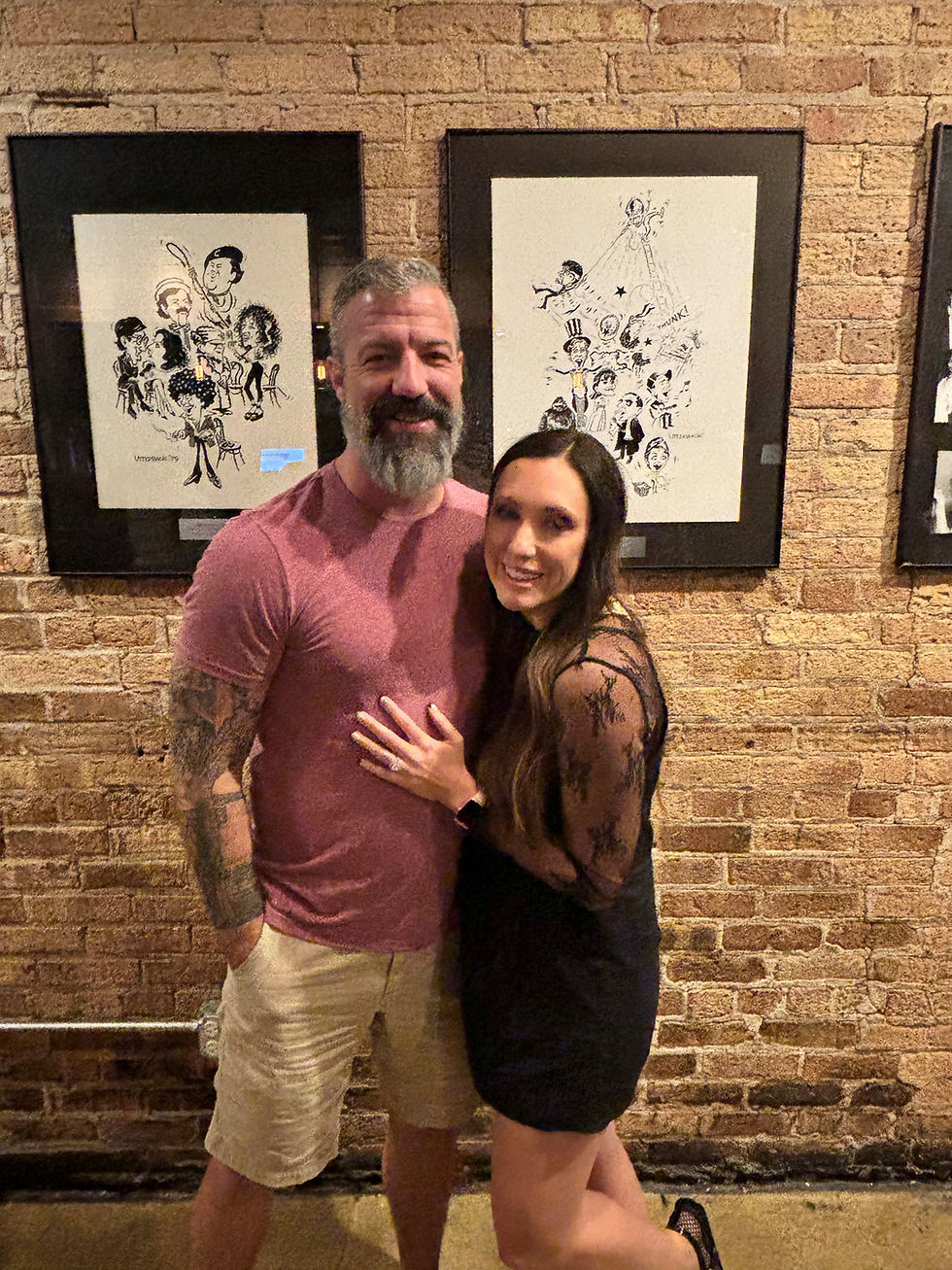Preventing Police Suicide
- Joshua Bitsko
- Oct 16, 2024
- 3 min read

A quick google search on first responder suicide or law enforcement suicide will bring up a variety of articles and resources describing the problem.
I am not going to regurgitate what is readily available through various sources; the law enforcement community is good at identifying why suicide is a problem. Where training and literature fails is identifying how to actually prevent suicide.
Due to all the trauma and stressors involved in being a law enforcement officer in 2024, the most dangerous person that a cop can encounter is themselves, statistically speaking.
My goal with this article is to give some clear actions that both supervisors and agencies can do to fight against this endemic.
A couple of tools for a supervisor to identify and intervene when an employee is struggling are:
Create a culture of trust and vulnerability. Take every opportunity to debrief and have genuine conversations about the hard parts of the job and experiences during each shift. I recently spoke with a combat marine that led a sniper team during multiple deployments. He told me that at the end of each mission he would sit down with his team and practice mindfulness. They would have open conversations about what they experienced and how it affected them. He told me that they hated it at the time, but now they are grateful for the experience. His team has experienced far fewer effects from PTSD than other similar situated soldiers.
Know the available resources before you need them. As a leader, it is important to know what resources are available to help the mental health of an officer. When an officer is reaching out for help, a genuine conversation that lets them know not only that you care, but you know how to help them can be the difference between healing and spiraling out of control.
Lean on your people. Aside from immediate family, peers are usually the first to know when a fellow officer is in crisis. Peers can provide insight to first line supervisors into the well-being of their officers.
Be courageous. Courage is important in policing. It takes courage to kick doors, chase cars, and deal with the unknown. Having a conversation with a cop that is struggling takes courage too. Writing down bullet points on how to have these conversations beforehand is a great tactic to make these discussions easier.
At a macro level, agencies can also take action to prevent suicide:
Education. Education can increase the resilience of an agency’s officers. It is important to vet whatever program that you use to ensure it is backed by psychology and is culturally appropriate.
Peer support. A quality peer support program can act as a conduit to resources for officers. Most officers are more comfortable approaching another officer for help, as opposed to their own supervisor. This can range from just talking, to help finding a clinician. Peer support needs to maintain the trust of the employees in order to be effective.
Quality Leadership. Cops are more likely to reach out for help if they understand their career will not be negatively impacted. It is a great idea to find officers that have been through the mental health process in the past and haven’t lost their jobs, position, or ability to carry a firearm, and have them share that with the rest of the department. This is a hard thing to do so it’s important to find employees who are willing to share their experience (not forced to).
These are only a few small changes that can be made to reduce police suicides. As a profession,. If you or someone you know is struggling, please reach out to me. I can either help, or point you in the direction of resources that can.




Comments